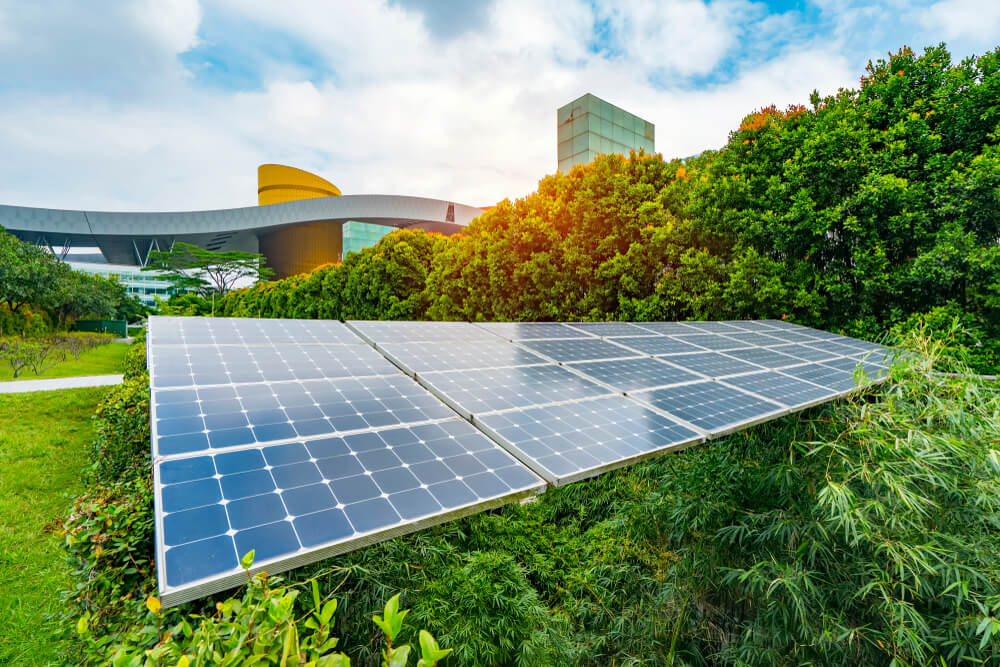Renewable energy initiatives pop up all over the world. Countries try to harness the power of solar and wind energy on a growing scale. The trading of such energy reserves can benefit from a completely new infrastructure. Blockchain technology will have its role to play, at least according to Singapore’s SP Group.
A Different Spin on Renewable Energy Trading
SP Group is one of Singapore’s leading utilities providers. The company is looking for ways to make the trading of energy more efficient and decentralized. Exploring new technologies plays a vital role in this regard. For the company, its new blockchain-based system is the next logical step in the evolution. This platform facilitates the trading of renewable energy certificates in the country.
Every certificate represents a unit of green energy. By opening a new trading platform, companies can offset their non-green energy production through this asset. Using the blockchain for such a system makes a lot of sense. It improves transparency and reduces costs as there is no centralized entity involved in the process.
This new blockchain platform will be open to all renewable energy providers in Singapore. This mixed market will give users access to the best rates at all times. More importantly, this new platform will offset the high costs associated with verifying these certificates. Although they can be traded through other means, the overall interest remains relatively low, for the time being.
Decentralizing Energy Trading
This blockchain platform is only the first step for SP Group. Company CEO Wong Kim Yin confirms he aims to decentralize energy trading on a bigger scale. Focusing on renewable energy in Singapore will give the company valuable insights regarding the use of blockchain. Adding a marketplace-based approach to exchanging certificates can give the market the boost it direly needs. Wong adds:
A consumer in Singapore who wishes to buy green energy can now, through blockchain-powered REC trading, purchase a REC from a hydro-producer based in Laos. In the past, you have big power stations in the centralized model and you would transmit power to the households. In the future, you would have solar panels and you would have batteries. With that model, the power system would be a lot more robust.
In Singapore, green energy isn’t that easy to come by. Land constraints make the construction of renewable energy farms nearly impossible. Solar panels are relatively common, although certain restrictions apply. The demand for green energy continues to rise despite these hurdles. That can make this blockchain solution all the more important in the future.
What other roles do you see blockchain playing in the renewable energy space? Let us know in the comments below.
Images courtesy of Shutterstock
